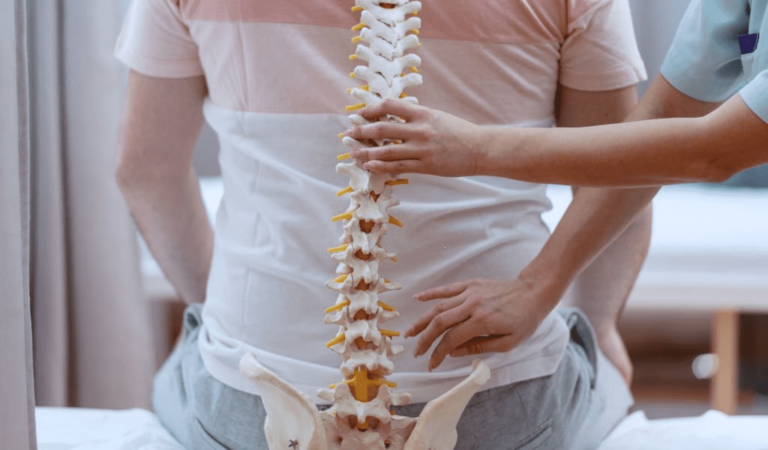Spine issues, such as herniated discs, spinal stenosis, and sciatica, can significantly impact daily life. Choosing between surgical and non-surgical treatments is crucial for effective pain relief and improved function. This guide helps you understand both approaches so you can decide what suits your condition best.
Understanding Spine Problems
Common spine problems include:
-
Herniated discs pushing against nerves
-
Narrowing spinal canals causing nerve compression
-
Scoliosis or abnormal spinal curvature
-
Degenerative disc disease causing pain and stiffness
-
Sciatica with shooting leg pain
Symptoms can range from mild discomfort to debilitating pain.
Non-Surgical Treatments
Non-surgical options often help mild to moderate issues and include:
-
Physical Therapy to strengthen back muscles and improve flexibility
-
Pain Management with NSAIDs or muscle relaxants for inflammation
-
Epidural Steroid Injections for nerve pain relief
-
Lifestyle Modifications such as posture correction and weight loss
-
Chiropractic Care for spinal alignment and mobility
Many patients find significant relief through these conservative methods.
Surgical Treatments
Surgery may be necessary for severe, persistent, or worsening symptoms. Common surgeries include:
-
Discectomy to remove herniated disc portions
-
Spinal Fusion to stabilize vertebrae
-
Laminectomy to relieve pressure on nerves
-
Artificial Disc Replacement to restore disc function
-
Minimally Invasive Surgery for faster recovery and less tissue damage
Spine specialists will recommend surgery based on your specific condition.
How to Decide
Consider these factors:
-
Severity and duration of symptoms
-
Impact on daily life and mobility
-
Age and overall health
-
Response to non-surgical treatments
-
Doctor’s expert opinion
Collaboration between patients and specialists ensures the best tailored care.
Seek Expert Advice
Understanding the pros and cons of both treatment types lets you make informed decisions. Early consultation with spine experts helps determine the optimal path for lasting relief and improved quality of life. Don’t hesitate to consult a spine specialist for personalized guidance.



